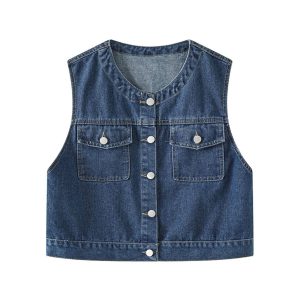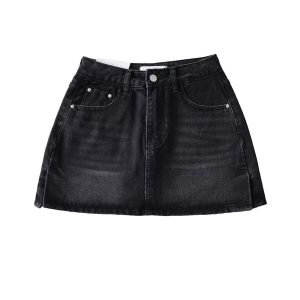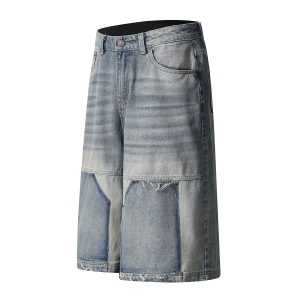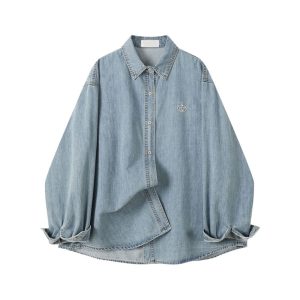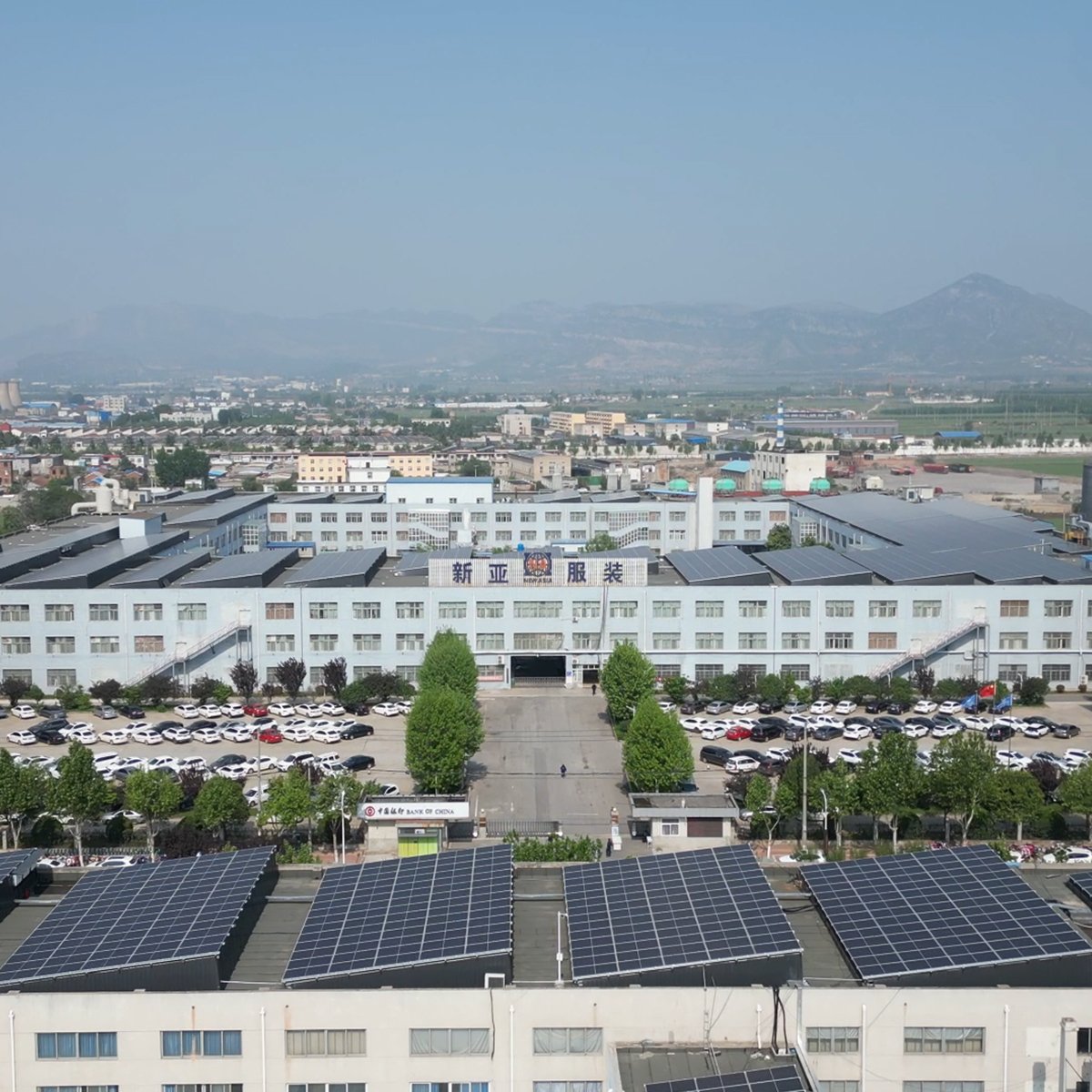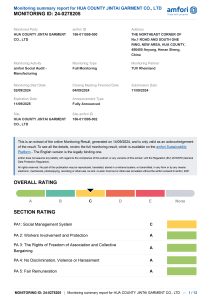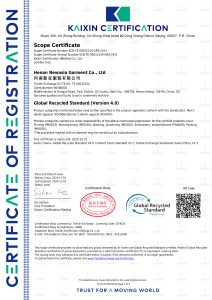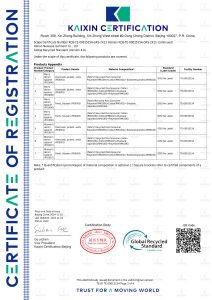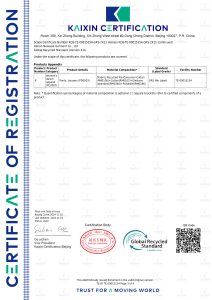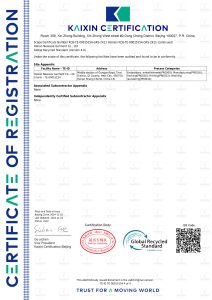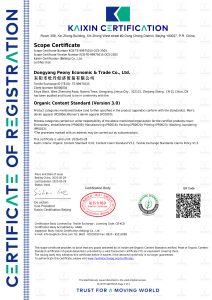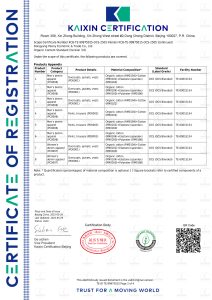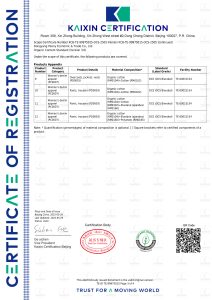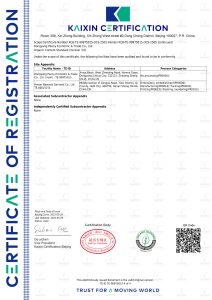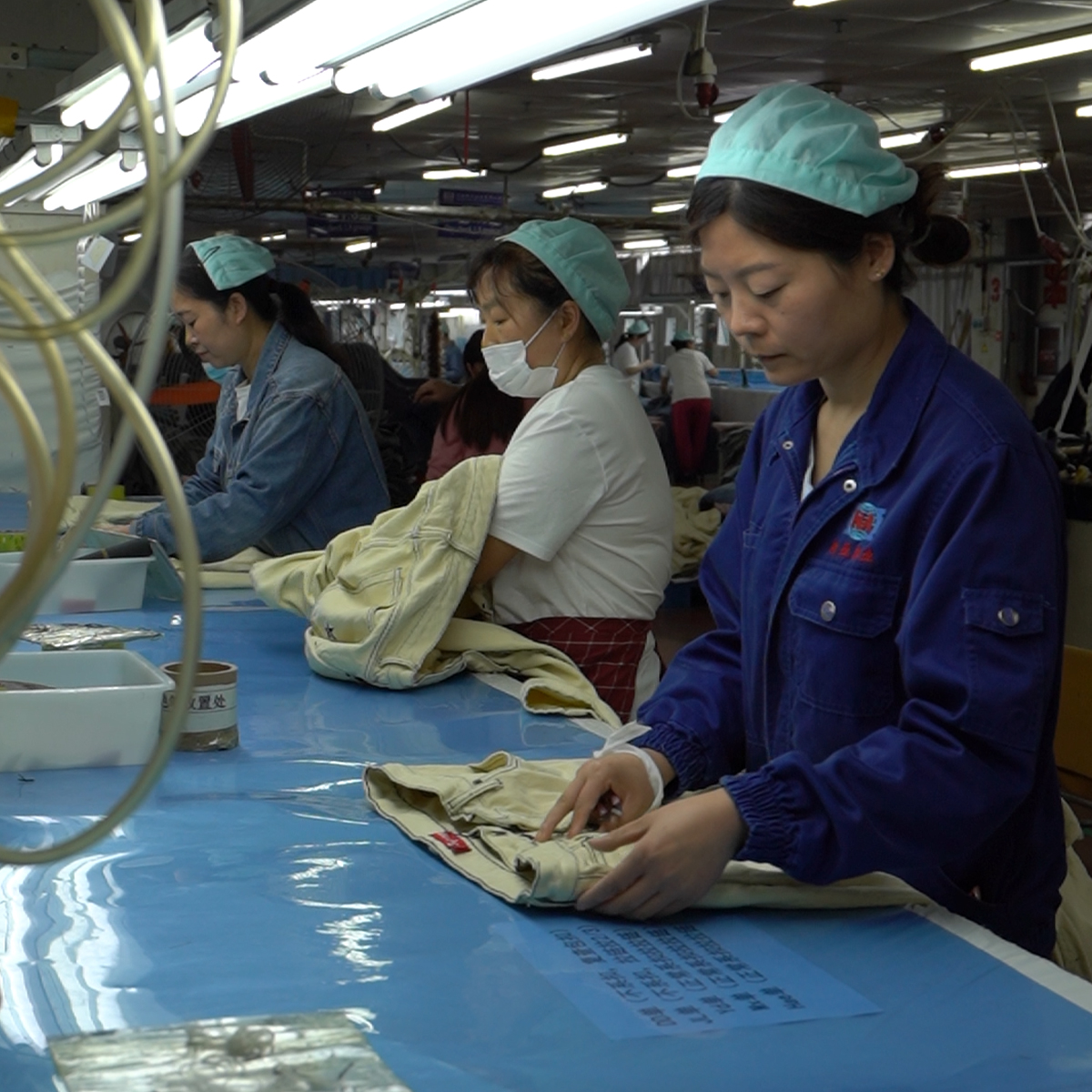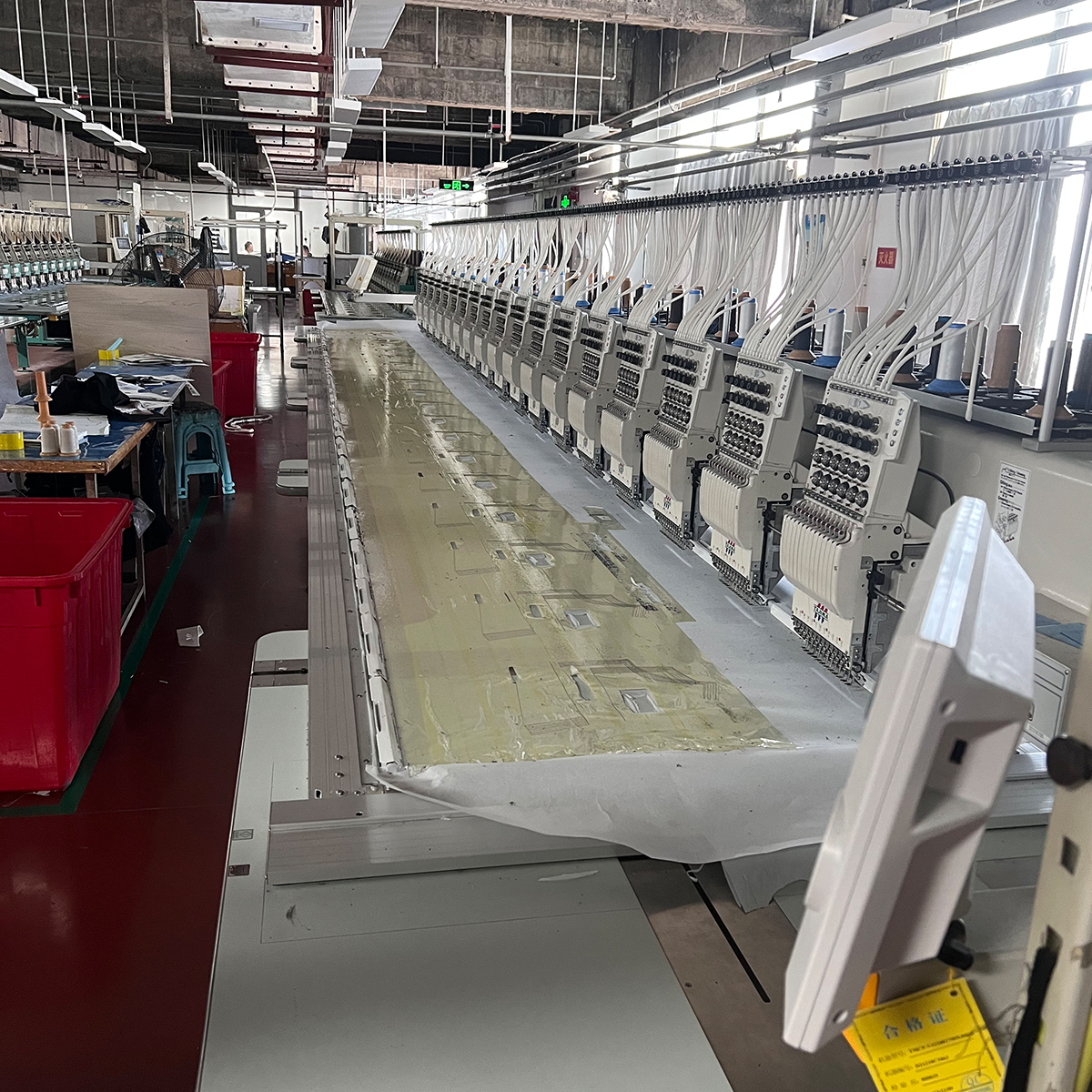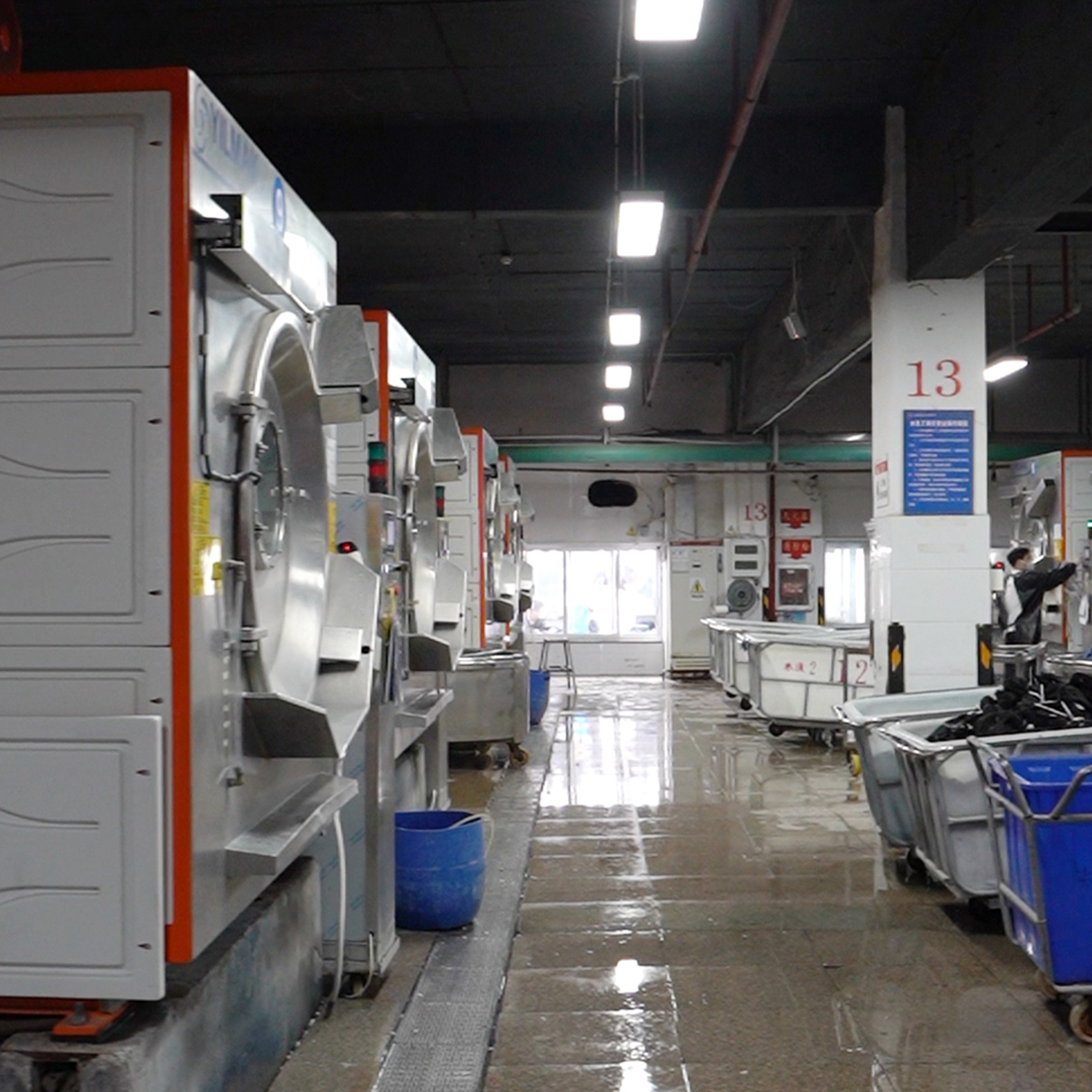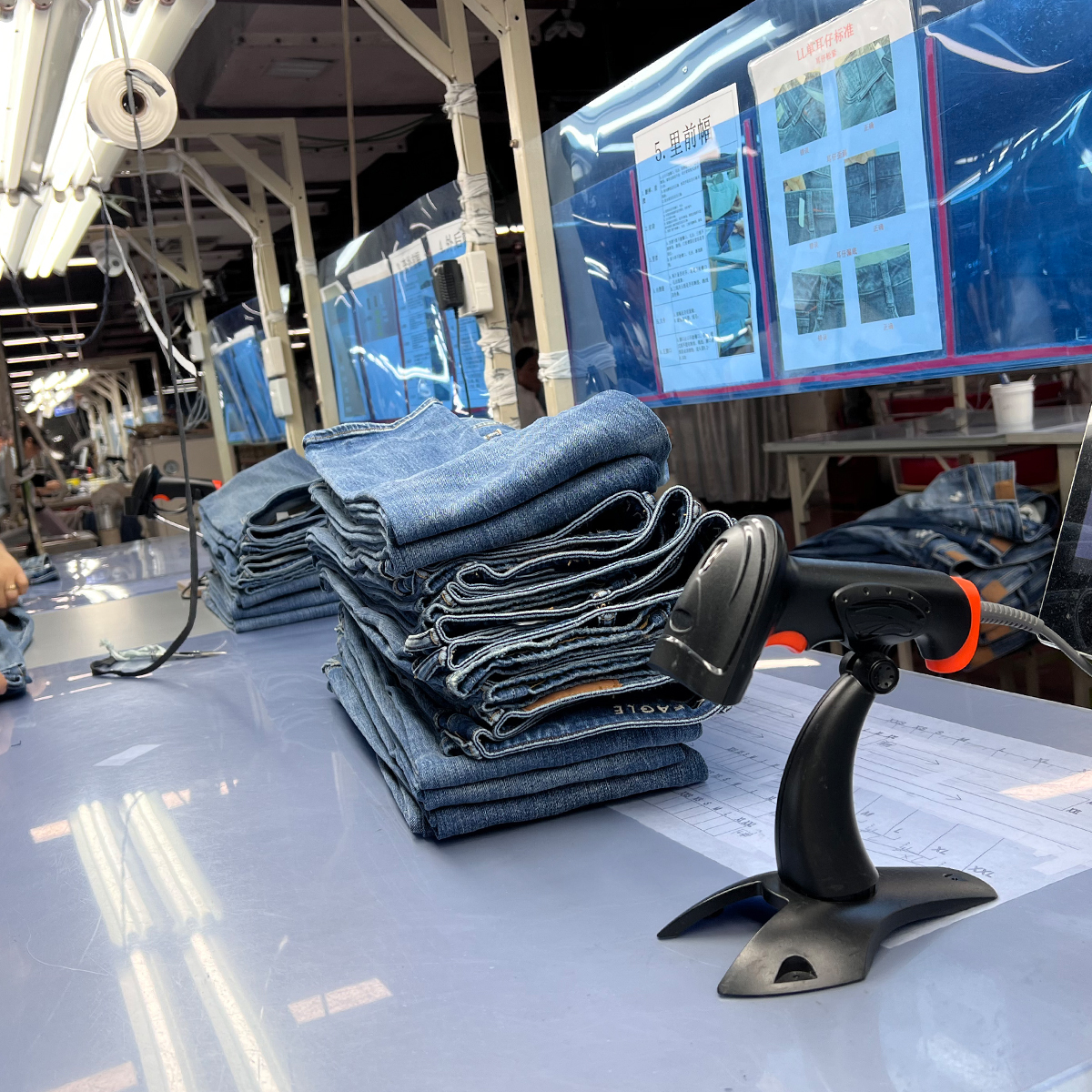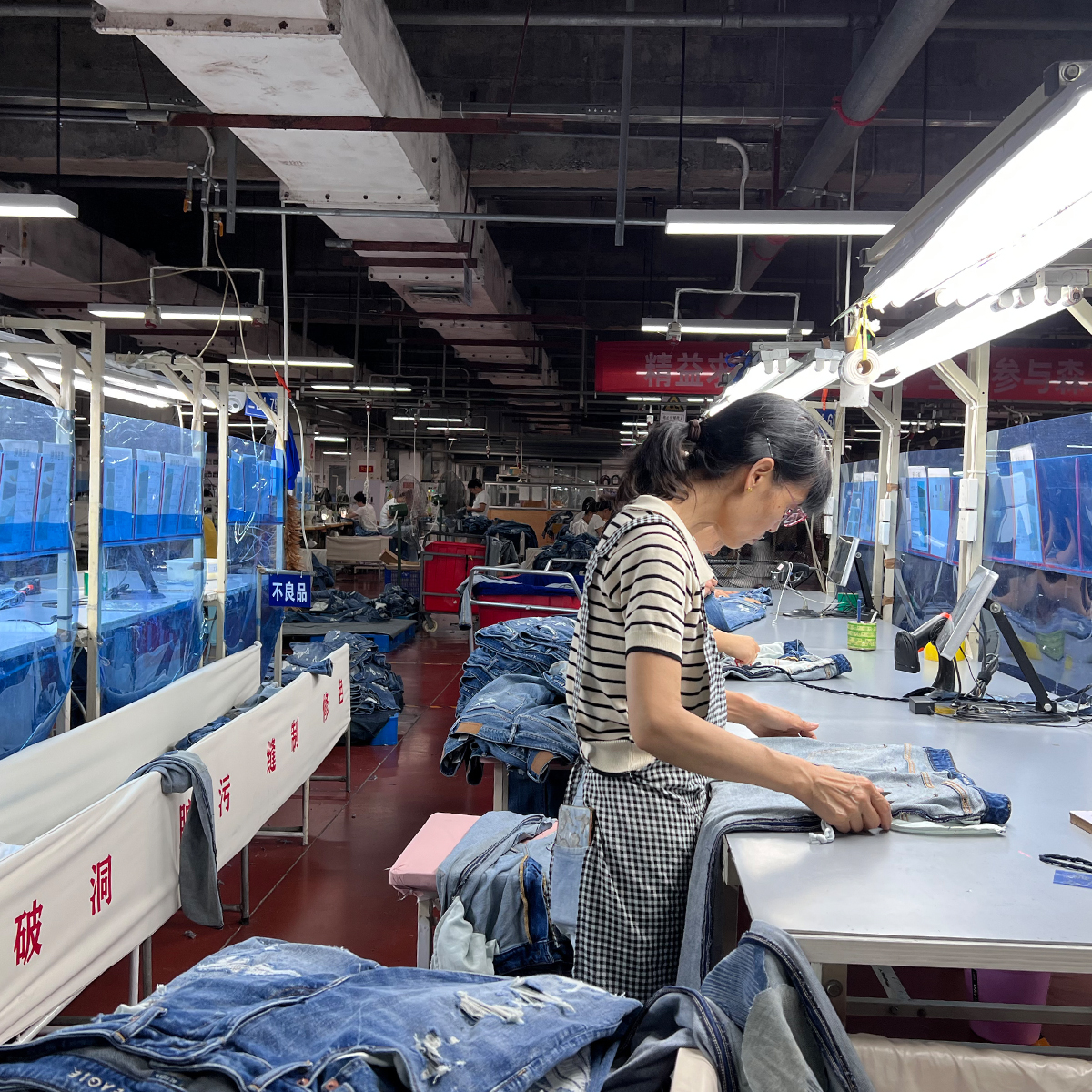In the ever-evolving world of fashion, few garments have stood the test of time as resiliently as denim jeans. Particularly, men’s denim jeans have carved out a distinct niche in the fashion landscape, increasingly becoming staples in wardrobes globally. As we progress through 2025, a notable surge in the number of men’s denim jeans manufacturers has emerged, driven by trends that reflect changing consumer preferences and innovative production techniques.
Understanding the Denim Jeans Market
The global denim market is valued at billions of dollars, with men’s denim jeans accounting for a substantial portion of this figure. Predictions suggest steady growth in the market, driven by the rising demands for comfort, style, and versatile fashion pieces among men. Today’s consumers are not just looking for quality but also sustainable and ethically produced products, which influences their purchasing decisions.
Key Trends Influencing Men’s Denim Jeans Manufacturers
1. Eco-Friendly Production Practices
As awareness around environmental issues grows, denim manufacturers are increasingly adopting sustainable practices. Eco-friendly denim production involves the use of organic cotton, water-saving technologies, and natural dyes. Leading brands like Levi’s have pioneered programs that promote the use of recycled materials and encourage consumers to recycle their old jeans.
2. Customization and Personalization
The rise of e-commerce has brought significant changes to the denim landscape. Many brands now offer customization options, allowing consumers to choose everything from the fit to the color and embellishments. This personalization trend fosters a strong brand loyalty as consumers engage with products that reflect their individual style.
3. Smart Denim Technology
Innovations in textile technology are also shaping the future of denim jeans. Manufacturers are now producing smart denim, embedded with technology that can track fitness, monitor health metrics, or even interact with mobile devices. This fusion of technology and fashion appeals to tech-savvy consumers, elevating denim from a fashion staple to a multi-functional garment.
The Impact of Fast Fashion
The fast fashion model has dramatically reshaped the men’s denim market. Brands that can produce high-quality denim at rapid speeds often find themselves at an advantage. However, this model also raises concerns about overconsumption and its environmental ramifications. Manufacturers are challenged to balance speed with sustainability, ensuring that consumers remain informed about their choices without compromising quality.
Global Sourcing and Production
Many men’s denim jeans manufacturers source materials and labor from different parts of the world. Countries like Bangladesh, China, and India are key players in the denim supply chain, offering both low labor costs and experienced workforces. However, there is an increasing push for transparency; consumers want to know where their products come from and how they are made. This demand for transparency has led many brands to adopt more responsible sourcing practices.
Spotlighting Innovative Manufacturers
In this dynamic landscape, several manufacturers stand out for their innovative approaches. For instance, Nudie Jeans is renowned for its commitment to organic cotton and offering free repairs on their products. Similarly, ABLE has embraced ethical production practices while also empowering women in the workforce. Their practices resonate with the socially conscious consumer while setting a benchmark for the entire industry.
Styling Trends in Men’s Denim Jeans
The aesthetic appeal of denim jeans continues to evolve, with various styles making headlines in 2025. Here are a few noteworthy denim trends:
1. Relaxed and Oversized Fits
Comfort has become a pivotal element in fashion. Men’s denim jeans featuring relaxed and oversized fits not only provide comfort but also offer versatility for layering and styling. This trend mirrors the broader shift towards casual wear, as more men adopt a relaxed approach to their everyday attire.
2. Distressed and Vintage-inspired Styles
Distressed jeans have maintained their popularity over the years, with many manufacturers offering vintage-inspired washes and finishes. These styles resonate with consumers yearning for nostalgia, striking a balance between modern aesthetics and classic appeal.
3. Tech-Infused Denim
Alongside traditional styles, tech-infused denim continues to gain traction, with features like stretchability and moisture-wicking materials enhancing comfort and performance. Manufacturers are constantly experimenting with fabrics, catering to an audience that seeks functionality paired with style.
Marketing Strategies for Denim Manufacturers
For denim manufacturers to thrive in this competitive arena, leveraging effective marketing strategies is crucial. The rise of digital platforms has created new avenues for reaching potential customers:
1. Influencer Collaborations
The influence of social media has transformed how brands engage with their audience. Collaborating with fashion influencers allows denim manufacturers to reach target demographics, generating buzz and authenticity around their products.
2. Engagement through Content Marketing
Creating valuable content—such as styling tips, denim care guides, and behind-the-scenes looks at production—can resonate with consumers and establish brands as industry authorities. By fostering this connection, manufacturers can nurture customer loyalty and encourage repeat business.
Challenges Ahead for Men’s Denim Jeans Manufacturers
Despite the promising landscape, challenges remain. The ongoing battle between quality and affordability is a pressing issue, with consumers increasingly demanding both. Moreover, as the market becomes saturated with options, distinguishing a brand with genuine quality and unique features is more critical than ever.
Future of Men’s Denim Jeans
As trends evolve, the future of men’s denim jeans manufactures lies deeply rooted in innovation and sustainability. Brands that prioritize ethical practices, embrace technology, and cater to the ever-changing consumer preferences will undoubtedly thrive. The denim industry stands at a pivotal point, and how manufacturers respond to these changes will shape the landscape of men’s fashion for years to come.



